It’s not so much the volume of deals done in the agents’ enclosure, the number of exhibitors or the size of the conference hall it takes place in. It’s not even — though this can be a key indicator — that the local sex workers take the week off. Nope: you know your book fair is the real thing once the Scientologists come.
At the Frankfurt Book Fair their stand is enormous. So wandering round the cavernous halls of the Sharjah International Book Fair, to come upon a display devoted to the works of L. Ron Hubbard was like greeting an old friend. There was no Dianetics, more’s the pity (local religious sensitivities), but here were lurid ziggurats of L. Ron’s pulp stuff — all ghouls and bosoms and titles like The Carnival of Death and Dead Men Kill.
Two lanes across from L. Ron’s prentice-work is a stand selling exquisitely bound Arabic copies of the Koran. Nearby, another stand is well stocked with copies of Fifty Shades of Grey (blasphemy excepted, the book fair is making a big show of being censorship-free). A hundred feet from that is another showcasing rare books going back several hundred years — a leaf from a 9th century Kufic manuscript; a 17th century first edition of the first grammar of Persian — with oil-baron price tags.
And at the end of the row is the cookery demonstration area, where Felicia Campbell — a young blond American cookery writer who, unexpectedly, specialises in Omani -cuisine — has just suffered an exploding pan incident, and emerged somewhat shaken and lightly dusted with flour.
It’s an unusual mix, into which for what we might call ‘Lols’ are stirred the imperturbable, beret-wearing Man Booker laureate Ben Okri, and the travel writer, broadcaster and one-time hostage John McCarthy; both guests of the festival. Last year Dan Brown came.
Because it originated in a book bazaar, the fair is also open to the general public. Schoolchildren are seen scampering down the aisles with plastic bags full of books. Through the vast halls wander local TV crews, various dancing mascots (on stilts; draped with coloured cloth; waddling and waving in giant fuzzy-felt costumes) representing who knows what, and a very Emirati mix of ladies in chic modern dress and grave, goateed men in kanduras with iPhone 6s clamped to their ears.
Sharjah is one of the Emirates you’re less likely to have heard of: it’s one down from Dubai, along a multi-lane highway that doubles, during the twice-daily four-hour rush-hour, as a car park. The city has Manhattan-style business high-rise, smart hotels and showpiece projects: a spanking new amphitheatre has sprung up on the island in Khalid Lagoon downtown. Soukhs meets Starbucks; the Hilton’s just down from an Applebees.
But where Dubai majors in shopping, crazy buildings and international bling, and Abu Dhabi — with its Louvre and its Guggenheim — is making much of art, Sharjah is working on casting itself as an Arabic capital of culture, the written word in particular.
Its ruler since 1972, Sheikh Sultan bin Mohammed al-Qasimi, is the author of dozens of books of history, memoir and poetry, and is pretty serious about his reading. He established a programme to donate a library of 50 books to every Emirati national’s household in Sharjah — philanthropy but also a touch of social engineering in a country whose native population is vastly outnumbered by highly literate migrant workers, usually from the Indian subcontinent.
So it’s a local literacy promotion as well as a global trade fair. On the latter count, given the international book trade’s fondness for drinking and swiving, Sharjah’s potentially a hard sell. It’s as dry as Alan Yentob’s mouth at a select committee hearing, and given that its penal code leans heavily on sharia, the sort of behaviour you see in Frankfurt is discouraged.
There are other compensations. His Highness is keen to make the fair work. In its first year, when sales proved slow, he dipped into his pocket and bought the books himself: all of them. The Sharjah Book Authority also sponsors a ‘matchmaking programme’, where international publishers are invited to come and do business with each other. If they strike deals, translation grants in the several thousand dollars are available from the authority. That helps to make it make more sense, or a bit more sense, for a British agent to travel to the UAE to sell a Macedonian publisher rights in a Canadian children’s book.
So far, it seems to be working. Various eminences of the British and international publishing scene are to be seen wandering about benignly sipping tea, only semi-bemused. Ten years from now, will those guests be buying their own tickets? That’s the big question.
The centres of the Arabic literary world for the last decades have been Cairo and Beirut. The saying is: ‘Cairo writes, Beirut publishes and Baghdad reads.’ With those places experiencing a certain amount of political disruption lately, Sharjah is now angling for a slice of the action.
On my last night, standing up to my ankles beside the author of The Famished Road in the warm waters of the Gulf in the adjacent Emirate of Ajman — the Gomorrah to which one takes a taxi if one needs a gin and tonic — I found myself thinking: and why not? The Scientologists can’t be wrong about everything.
Got something to add? Join the discussion and comment below.
Get 10 issues for just $10
Subscribe to The Spectator Australia today for the next 10 magazine issues, plus full online access, for just $10.
You might disagree with half of it, but you’ll enjoy reading all of it. Try your first month for free, then just $2 a week for the remainder of your first year.


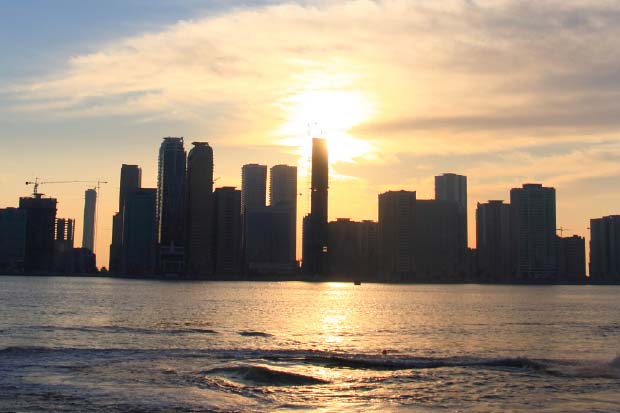
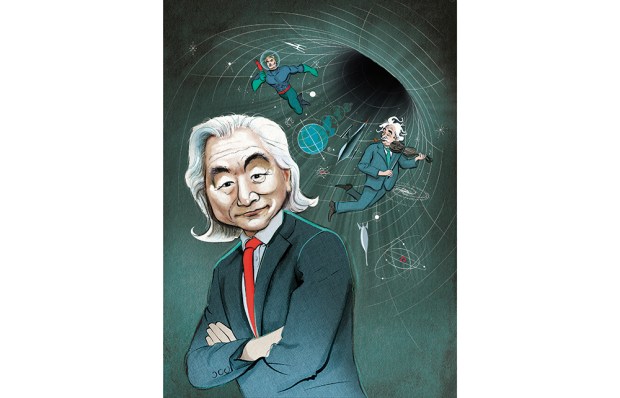
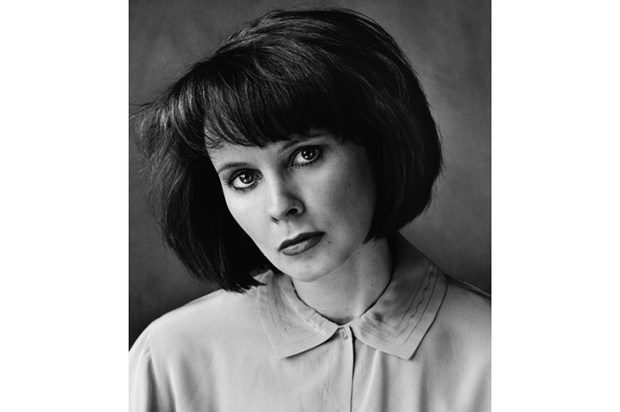
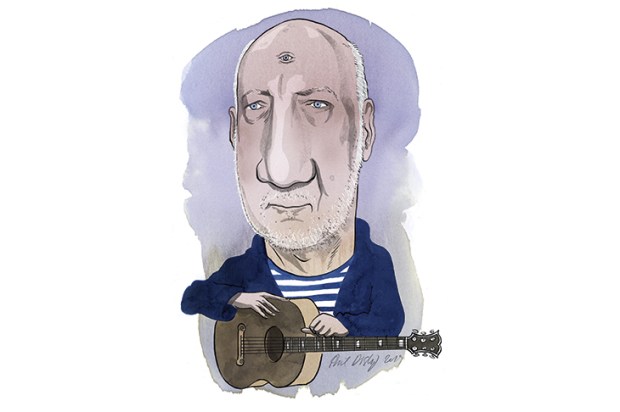
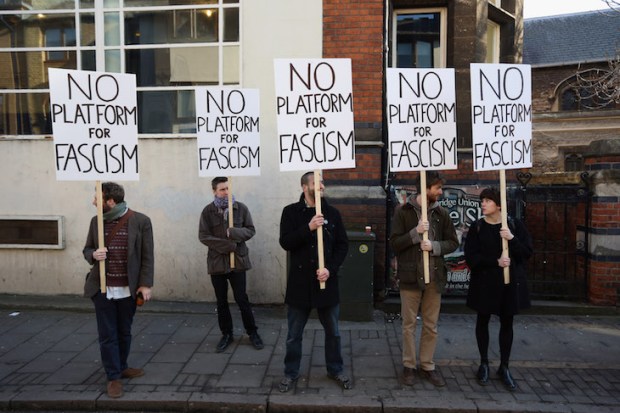








Comments
Don't miss out
Join the conversation with other Spectator Australia readers. Subscribe to leave a comment.
SUBSCRIBEAlready a subscriber? Log in